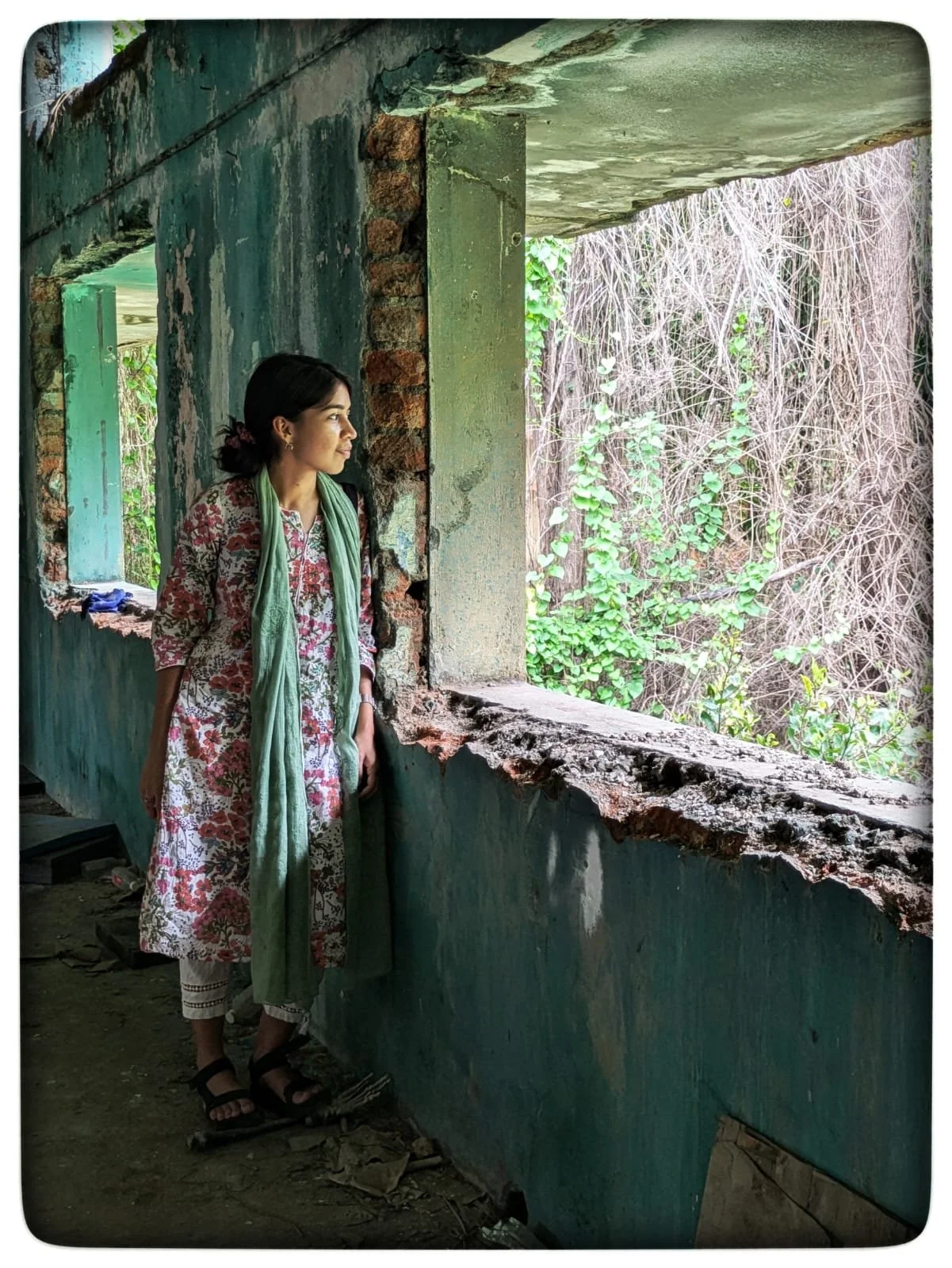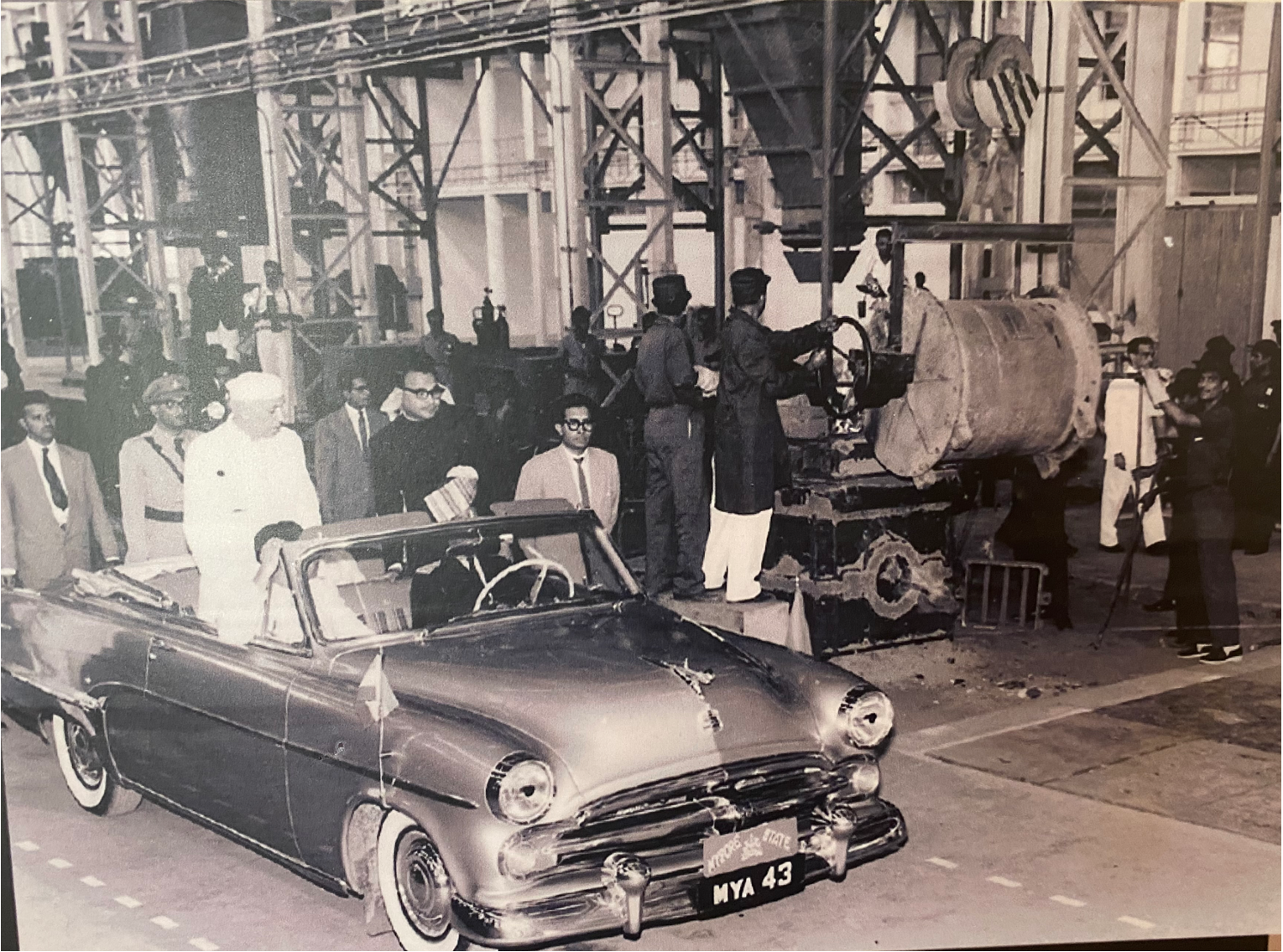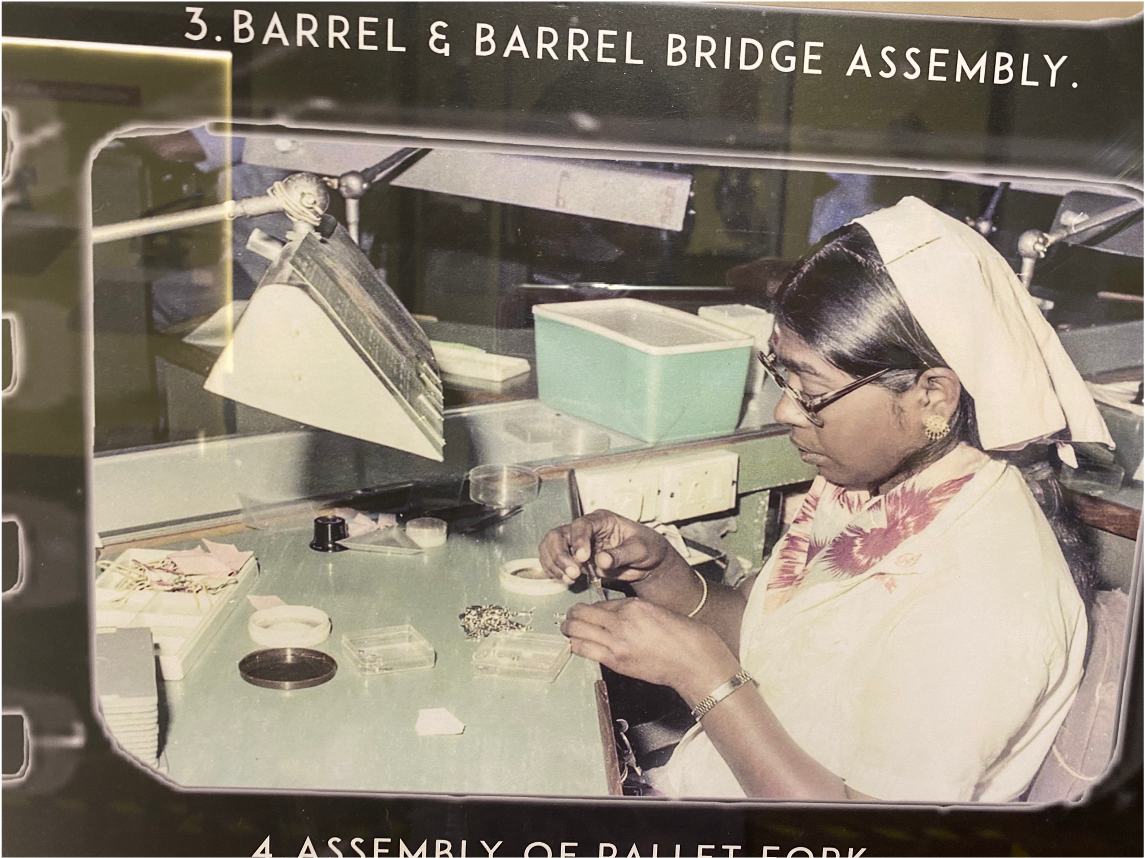
Aditi Dey
Aditi Dey is a Ph.D. candidate in Politics at The New School for Social Research. A historian, urbanist, and political scientist in the making, her research examines questions of urban ecologies, histories of technology, global capitalism, labor politics, dynamics of caste and racialization in South Asia and the rest of the world.
Aditi Dey is a Ph.D. candidate in Politics at The New School for Social Research. A historian, urbanist and political scientist in the making, her research examines questions of urban ecologies, histories of technology, global capitalism, labor politics, and the dynamics of caste and racialization in South Asia and the rest of the world.
Before moving to New York, Aditi worked in research institutions in Bangalore and Mumbai. She studied History at St. Stephen’s College at the University of Delhi and Modern History at Jawaharlal Nehru University (JNU) in New Delhi. Her work on politics and urbanization has been published in peer-reviewed journals such as Urban Studies, as well as in other, public-facing, journals. Her research has been supported by the History of Political Economy Project, the Mellon Foundation, the Heilbroner Center for Capitalism Studies, and the India China Institute, among others. She has taught courses on urbanization, technology, and politics.
As a GIDEST fellow, Aditi will develop her chapter titled “The Tech Entrepreneurs of Bangalore: Untold Histories of Low-Tech and Vernacular Production in a Rising Tech City, 1970s-2000s,” a historical examination of Bangalore’s rise as a celebrated tech city. Her dissertation project examines the mid-twentieth century project of state-led industrialization undertaken during the peak of decolonization in India, where producing swadeshi technologies such as electronics and computers held the political potential of self-sufficiency and political autonomy. She examines the rise and fall of this particular project of technological production as a prehistory to the rise of the global city of Bangalore in the 1990s. She argues that the deindustrialization of the city paved the way for outsourcing work and for the backend offices of American and European corporations to emerge and take hold, re-signifying Bangalore as the “Silicon Valley” of India.
Aditi’s work combines archival research with ethnography and oral histories to reconstruct a history of technological work, and recover vernacular and decolonial practices that constitute the everyday practices of “innovation.” She decenters techno-capitalist notions of what constitutes entrepreneurial ingenuity, recentering people’s own narratives and memory of technical work and experimentation during times of Cold War era fiscal austerity and “self-reliant” technological production.



